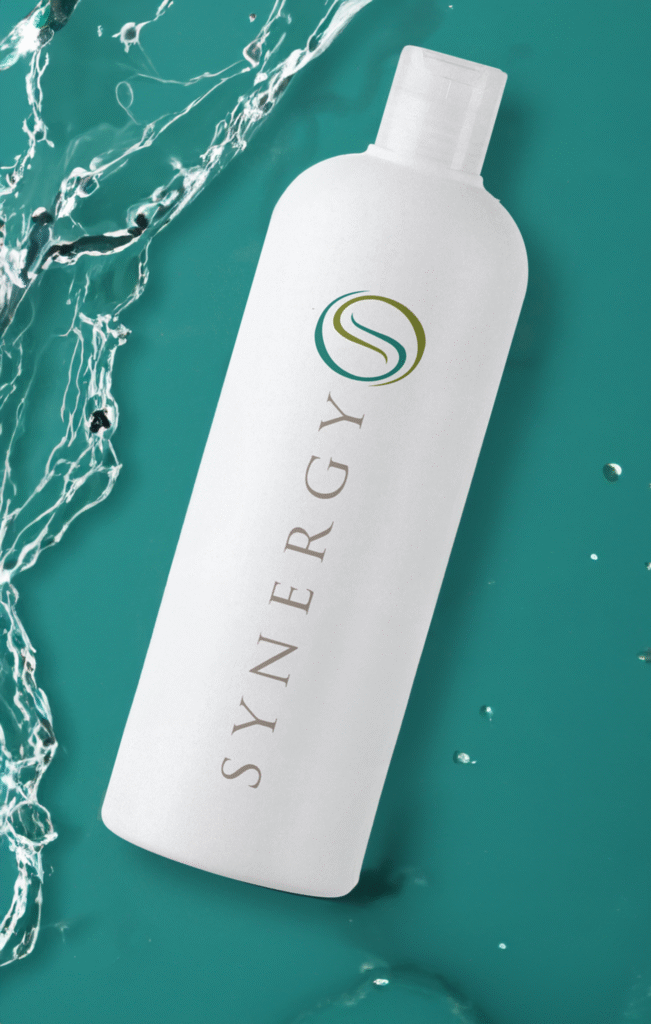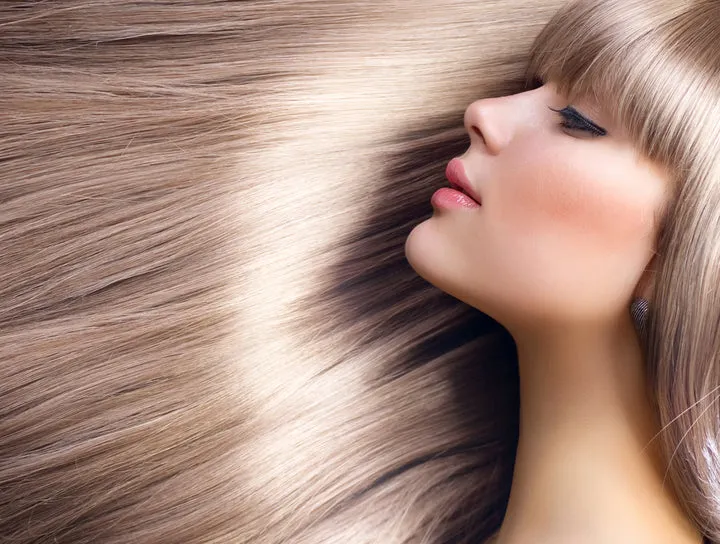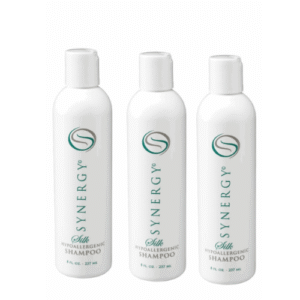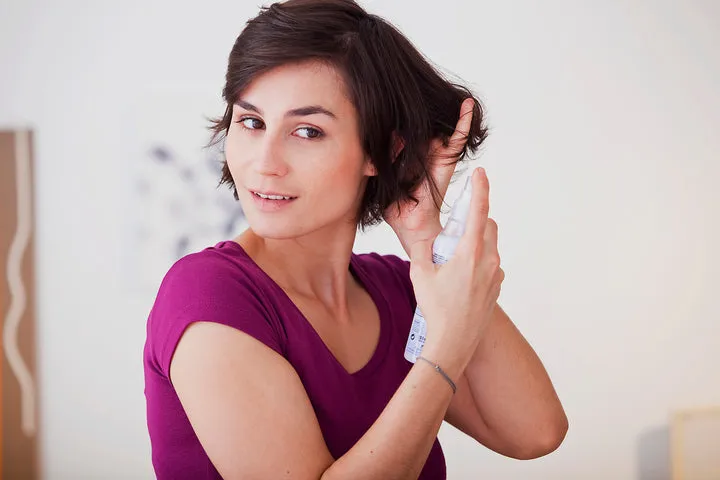Synergy hypoallergenic hair products are crafted by a stylist with 30+ years of experience, focused on delivering high-quality, health-conscious care.
Discover salon-quality haircare, trusted by professionals and loved by beauty enthusiasts. From nourishing treatments to must-have styling products, everything you need for healthy, radiant hair is just a click away.

At Synergy, we believe your haircare routine should never come at the cost of your health. Developed by a professional stylist with over 30 years of salon experience, our hypoallergenic formulas are free from parabens, dyes, and synthetic fragrances — yet deliver salon-quality results. Each product is carefully crafted to support those with chemical sensitivities, fragrance allergies, or gluten intolerance, while being safe even for children and infants.
Backed by organizations like the Multi-Chemical Sensitivity Organization and the Celiac Disease Foundation, Synergy is more than just a brand — it’s a commitment to clean, conscious care. Our products are packaged in non-leaching #2 HDPE bottles and are designed to minimize exposure to toxins that may cause cancer, hormone disruption, or reproductive issues. With Synergy, you’re not just choosing better hair — you’re choosing a healthier life.








Absolutely, they are designed with light moisturizers that condition the hair without weighing it down.
Deionized water, Glycol stearate, Cetyl alcohol USP, Cetylpyridinium chloride USP, Glyceryl stearate & laureth 23, DMDM hydantoin, Silk amino Acids, Citric acid, Simethicone USP.
According to the American Cancer Society’s Web site, “Contrary to popular rumors on the Internet, Sodium Lauryl Sulfate (SLS) and Sodium Laureth Sulfate (SLES) do not cause cancer. Emails have been flying through cyberspace claiming SLS [and SLES] causes cancer… and is proven to cause cancer. …[Yet] A search of recognized medical journals yielded no published articles relating this substance to cancer in humans.”
Synergy products contain Sodium Laureth Sulfate, not Sodium lauryl salfate.
Despite the myths about SLS causing cancer and other health problems being false, sodium lauryl sulfate should be avoided because it is a potent skin irritant. In contrast, sodium laureth sulfate is not an irritant because it has a different chemical structure that results in a gentler cleansing agent.
SD alcohol 40, Ethyl ester of PVM/MA, Isopropyl Alcohol, Aminomethly propanol, Dimethicone copolyol, Benzophenone 4, Hair keratin amino acids and sodium chloride.
Colors vary greatly on their base, which is a protein base. None that I am aware of have fragrance added. To get away from chemical odor, like peroxide or ammonia, two key ingredients in color, you would have to apply an organic coloration such as henna. However, henna has a tendency to dry the hair out at times. To help prevent dryness, you can add conditioning agents or natural products, like yogurt. One word of caution, since it is an organic material, there could be possibilities of allergies.
Parabens are ingredients that stabilize and preserve hair care products as well as cosmetics.
Sodium laureth sulfate, Deionized water-solvent, Cocamide DEA, Polyquartenium 10, Diazolidnly urea, Citric acid USP, Hydrolized wheat protein, Apricot kernel oil, Styrene/PVP copolymer, DMDM hydantion, and Polyquarternuim 24.
Deionized water-solvent, Glycol Distearate, Cetyl alcohol USP, Cetylpyridiinium chloride USP, Glycol stearate & laureth 23, DMDM hydantion, Hydrolized wheat protein, Citric acid USP, Citric acid USP, and Simethicone USP.
Formula Ingredients: Water*, Sodium Laureth, Sulfate, TEA-Lauryl Sulfate, Lauramide DEA, Glycol Stearate, Sodium Chloride^, Cocamide, DEA, DMDM Hydantoin, Phosphoric Acid^, PEG-150 Distearate, Silk Amino Acids, Disodium EDTA^. Deionized, ^USP
Yes, alcohol is the ingredient that allows the hair spray to dry quicker.
Synergy products are not tested on animals
Chemical sensitivity is a two-step process seems to lead to chemical sensitivity: + Sensitization. “In many MCS patients, the illness appears to develop following a major exposure to any of a wide range of environmental chemicals. The sensitizing event may be either an acute high-level exposure, such as a chemical spill, or it may be a repeated or continuous exposure occurring at much lower levels such as in a sick building,” said Claudia S. Miller, MD, an authority on chemical sensitivity. + Triggering. “Following sensitization, patients report that extremely low levels of common chemicals tolerated by the majority of the population — for example, tobacco smoke, perfume and traffic exhaust — trigger severe symptoms. Commonly, they report that their symptoms are triggered not only by the chemicals involved in the original exposure, but also everyday, low- level exposures to other chemicals that are structurally different from the original exposure,” she said.


717-873-8438
ssnyder@Synergy
Hair.com
509 Dogwood Drive, York, PA 17406
Synergy hypoallergenic hair products are crafted by a stylist with 30+ years of experience, focused on delivering high-quality, health-conscious care.